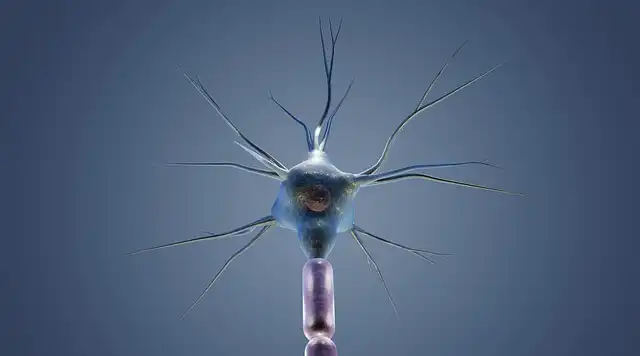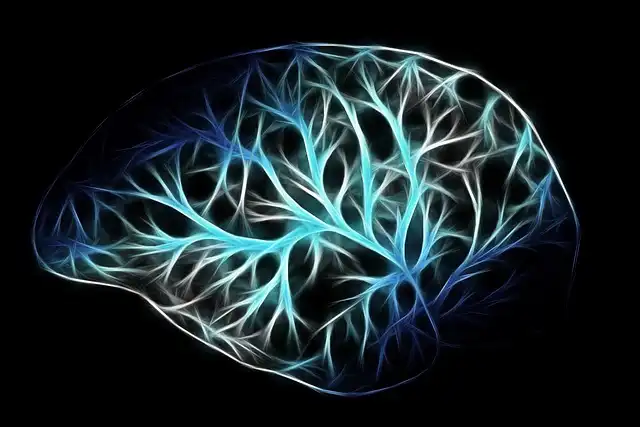
Unlocking Neuroprotection: The Role of Sugar Metabolism and DLK Proteins in Brain Health
New research explores how sugar metabolism and proteins like DLK and SARM1 influence neuronal survival, offering potential breakthroughs for treating Parkinson's, brain injuries, and neurodegenerative diseases.




